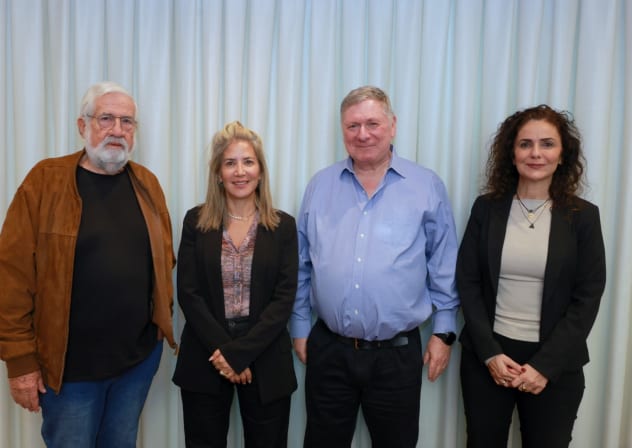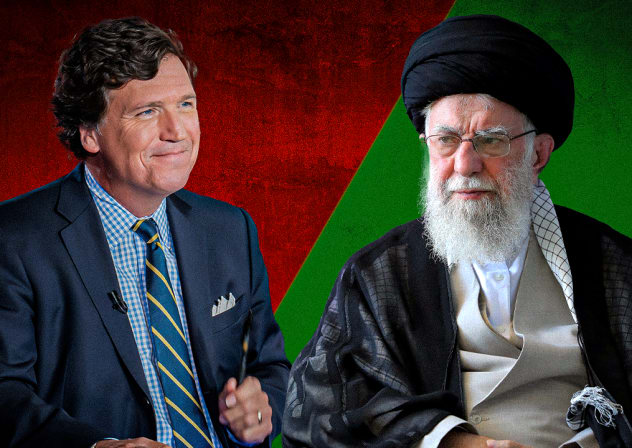A ‘Venezuelan model’ in Iran would be a disaster for Israel, Iranians - opinion
Removing Ayatollah Ali Khamenei without dismantling the regime risks betraying the Iranian people and leaving Israel facing the same threats under new leadership.

Removing Ayatollah Ali Khamenei without dismantling the regime risks betraying the Iranian people and leaving Israel facing the same threats under new leadership.




While Hamas was flooding the world with unverified figures, Israel made no systematic effort to challenge them.

Prediction markets claim to reveal the future, but when wars, elections, and disasters are used for gambling, the consequences can be dangerous.

Movers and shakers in israeli society.

Four years into the war, Putin’s attempt to erase Ukraine solidifies its independence and exposes Russia’s decline.

Leaders can debate housing, jobs, infrastructure, and schools in plain terms. “Quality control” belongs to products, not people.

When 300 journalists lose their jobs at a once-great paper (as it announced on Wednesday), democracy gets darker.

The intersection of media influence and military strategy is reshaping the conversation around Iran’s nuclear trajectory.

Donald Trump will have to choose which side of history he is on as a collision between principle and power is coming.

The Middle East rewards power, clarity, and patience, and the US must learn to play by those rules. If they act desperate for deals and photo opportunities, then that is all they will get.

Antisemitism is not ordinary bigotry, and treating it like every other form of prejudice misunderstands its psychology and makes the problem worse.
